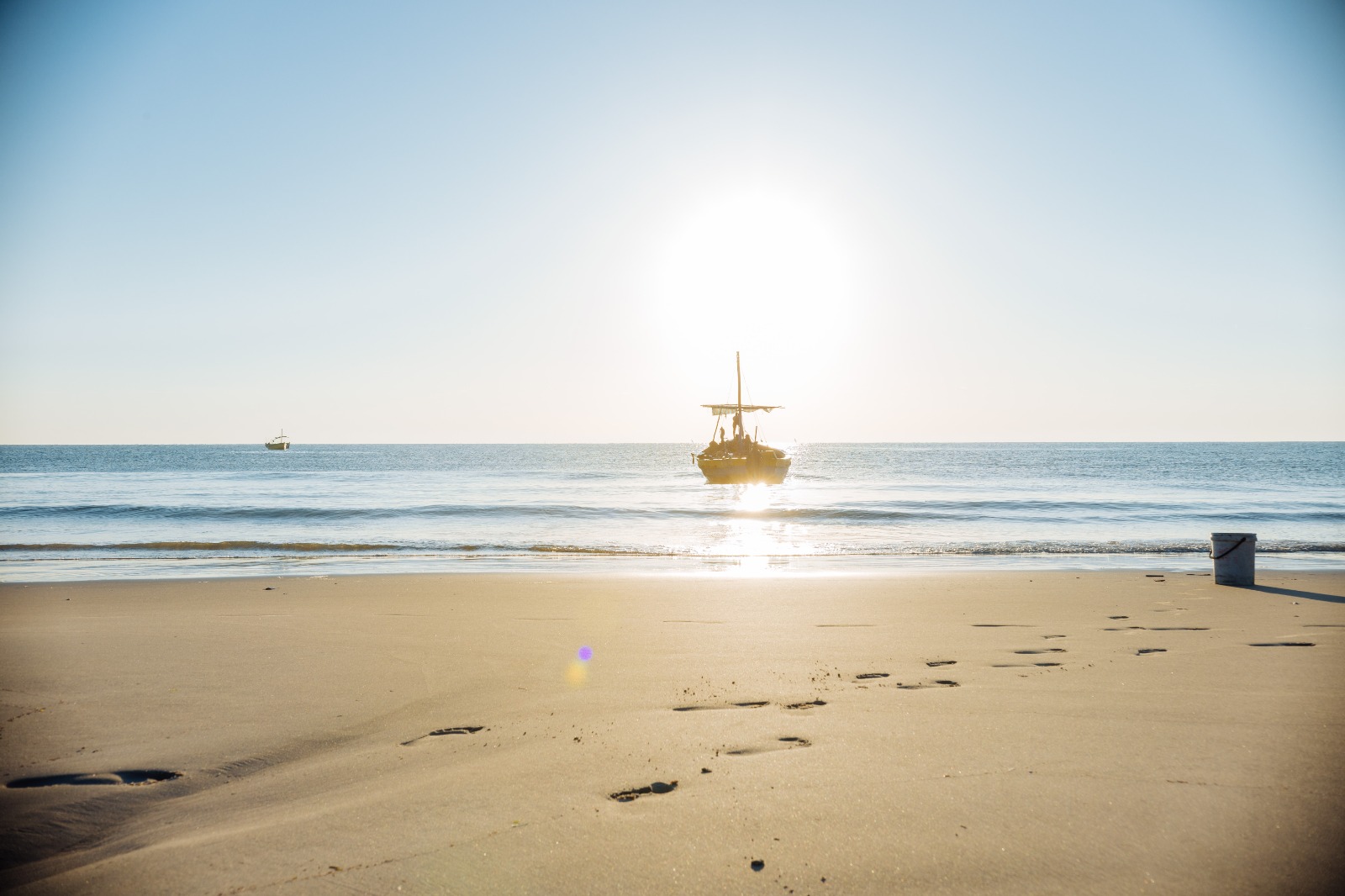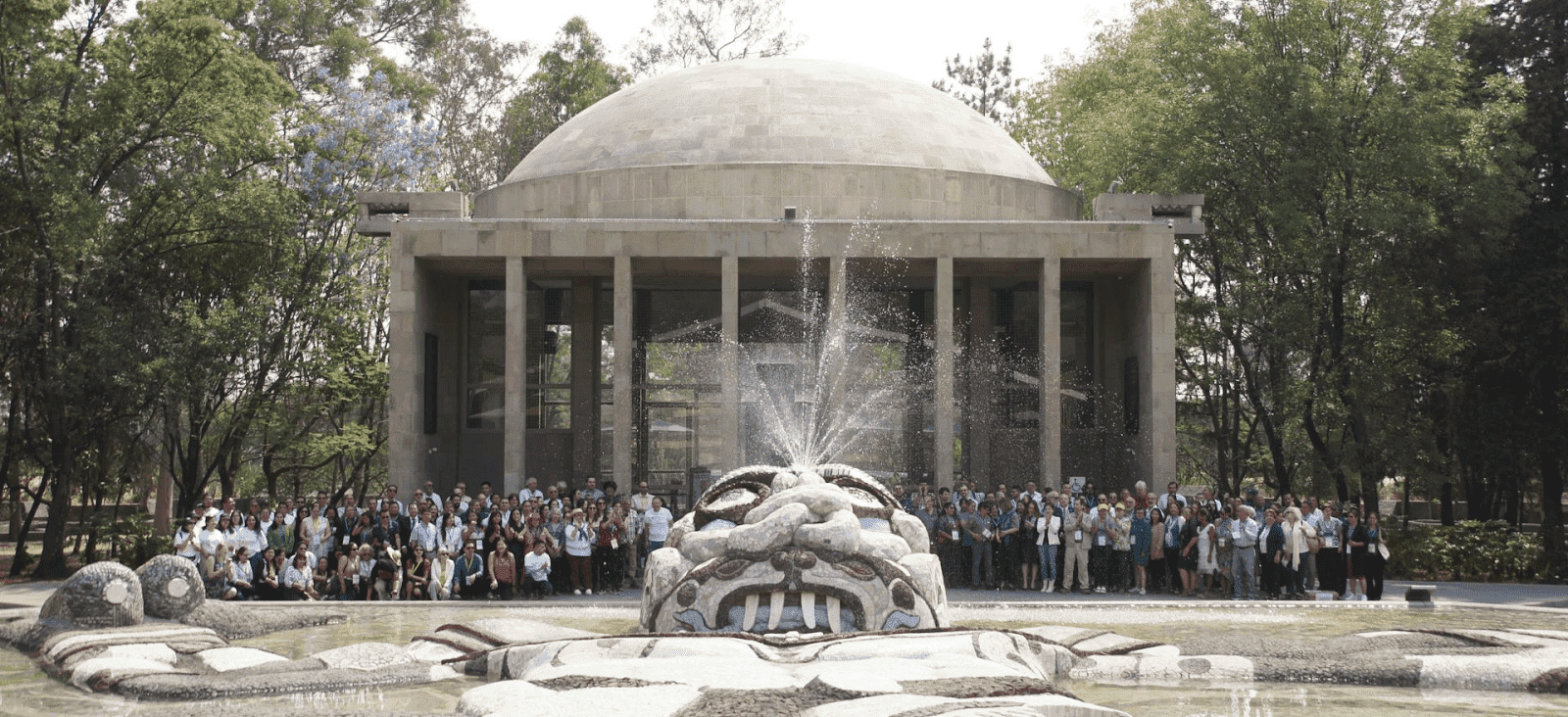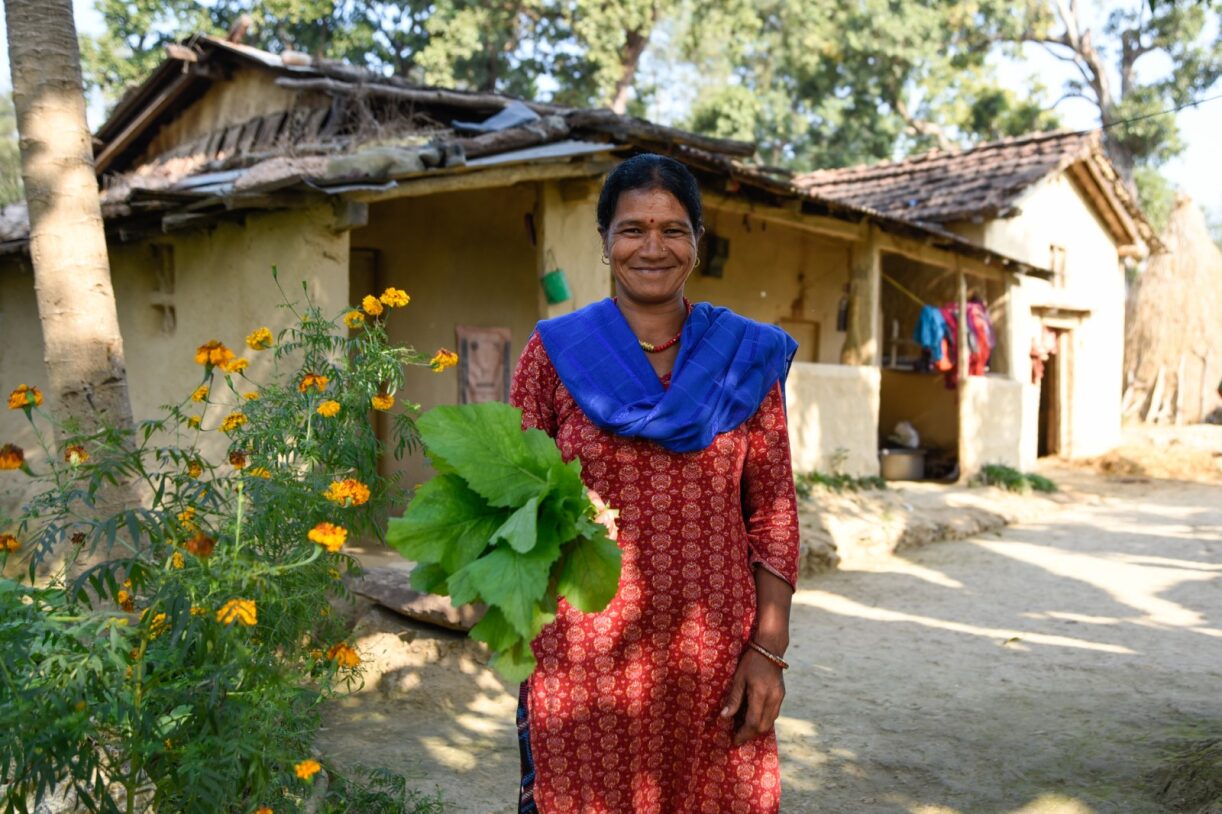COP28: Funding for tackling gender-based violence amid climate change surpasses $14 million following pledge by Norwegian government
The Norwegian Agency for Development Cooperation (NORAD) announced a contribution of US$ 2.8 million to IUCN’s Resilient, Inclusive, and Sustainable Environments (RISE) grants challenge.
Today on the margins of the UN Climate Change Conference (COP 28), the Norwegian Agency for Development Cooperation (NORAD) announced a contribution of US$ 2.8 million to IUCN’s (the International Union for Conservation of Nature) Resilient, Inclusive, and Sustainable Environments (RISE) grants challenge. The initiative is the globe’s first dedicated fund to strengthen women and girls’ safety from gender-based violence in the context of environmental degradation and climate change.
“With the RISE grants challenge, IUCN is pinpointing the perhaps most fundamental constraint for women’s participation in the environment and climate space. Yet, gender-based violence has been absent from most discussions regarding environment and climate action,” said Per Frederik Pharo, Director of Climate and Environment, NORAD. “We truly appreciate IUCN’s ground-breaking work and believe that the coupling of women’s organisations and environmental organisations can bear fruit both locally and globally. We are proud to support and help scale the RISE grants challenge."
Until today, the United States government had been the sole funder of the RISE grants challenge through the United States Agency for International Development (USAID) partnership with IUCN Advancing Gender in the Environment (AGENT). With over US$ 11.6 million already invested by USAID in the RISE grants challenge since 2020, funding to this crucial intersection is impacting women’s lives for the better. NORAD funding is increasing RISE grants challenge funding by 25%.
"The RISE grants challenge is changing people’s lives: it is changing people's minds about gender-based violence and increasing their understanding of how it intersects with natural resource management and climate adaptation,” said Bama Athreya, Deputy Assistant Administrator for the Gender Equality and Women's Empowerment Hub and the Inclusive Development Hub, Bureau for Inclusive Growth, Partnerships, and Innovation, USAID. “We are thrilled that the success of RISE has led NORAD to join us in scaling up this work–becoming the second donor to contribute to RISE alongside USAID."
"It can no longer be overlooked that women and girls all around the world are experiencing violence as a consequence of climate change," said Dr. Grethel Aguilar, Director General, IUCN. "We are delighted that NORAD is joining USAID in supporting our efforts to address this growing issue. Together, we can help break the link between violence and environmental degradation."
Around the world, gender-based violence is used to enforce cultural and gender norms, determining access and control over natural resources as a result. The prevalence of gender-based violence usually is augmented when natural resources are scarce, or the effects of climate change impacts people’s livelihoods.
Since publishing research in 2020 on Gender-based violence and environment linkages: the violence of inequality, IUCN established the Gender-Based Violence and Environment Linkages (GBV-ENV) Center to close the knowledge gap on gender-based violence and environment issues while mobilizing learning and forging collaborative action towards ending gender-based violence and securing environmental sustainability. The RISE grants challenge is hosted under the GBV-ENV Center.
At the moment, five projects in Asia, Africa and Latin America are working in these contexts through the RISE grants challenge to help build safety from gender-based violence in contexts where its prevalence is exacerbated by environmental degradation and climate vulnerability.
Three RISE grants challenge winners were present at the side event Rising up to advance gender safety in climate action at the IUCN Pavilion at COP28 when NORAD announced its support. They spoke about the projects that they have been implementing with RISE grants challenge support since the beginning of 2023.
 Verona Collantes, Senior Gender Specialist, GEF; Bama Athreya, Deputy Assistant Administrator for the Gender Equality and Women's Empowerment Hub and the Inclusive Development Hub, Bureau for Inclusive Growth, Partnerships and Innovation, USAID; Dr. Grethel Aguilar, Director General, IUCN; Mrinalini Rai, Director, Women4Biodiversity; Tzinnia Carranza, Founder and Coordinator, EECO; Dr. Elizabeth Imti, Solutions Programme Officer, AIPP; and (online) Samantha Munagandu, Project Coordinator, ActionAid Zambia; Jamie Wen-Besson, Senior Gender Programme Manager, IUCN.
Verona Collantes, Senior Gender Specialist, GEF; Bama Athreya, Deputy Assistant Administrator for the Gender Equality and Women's Empowerment Hub and the Inclusive Development Hub, Bureau for Inclusive Growth, Partnerships and Innovation, USAID; Dr. Grethel Aguilar, Director General, IUCN; Mrinalini Rai, Director, Women4Biodiversity; Tzinnia Carranza, Founder and Coordinator, EECO; Dr. Elizabeth Imti, Solutions Programme Officer, AIPP; and (online) Samantha Munagandu, Project Coordinator, ActionAid Zambia; Jamie Wen-Besson, Senior Gender Programme Manager, IUCN.
Dr. Elizabeth Imti, Solutions Programme Officer, Indigenous Women Program of Asia Indigenous Peoples Pact (AIPP) represented partner organisations in Asia who work on advancing protection and safety from gender-based violence for Indigenous women environmental human rights defenders in Indonesia and the Philippines. She was joined by Tzinnia Carranza, Founder and Coordinator of Espacio de Encuentro de las Culturas Originarias (EECO), and lead for a project on addressing sexual harassment and violence in the context of protected area ecotourism in Mexico. Samantha Munagandu, Project Coordinator at ActionAid, also joined the event. She leads a project in Zambia on addressing sex-for-fish exploitation in fisheries.
A call for proposals for a new round of RISE grants challenge funding took place earlier this year and several projects are in final stages of due diligence to be selected as winners. Stunningly, the number of applications this year more than doubled from 2022, with 817 completed expressions of interest. The applications unveiled vast knowledge, information and data on the growing need to address gender-based violence in the context of climate change and environmental degradation, and revealed many heartbreaking stories. They described growing conflicts over access to increasingly scarce climate-affected resources – including water, forest products and land – which are leading to increased prevalence of domestic violence, sexual extortion and physical and sexual abuse.
Applications revealed that gender-based violence increases in all regions of the world in light of climate disasters, land degradation and biodiversity loss. A few among hundreds of example are:
- In Nigeria, 85% of women in four local areas expressed fear of rape, murder and abduction while collecting firewood – with 8 out of every 10 girls are kidnapped or molested in the process of gathering firewood.
- In Uganda, 92 widows shared that widows are murdered for their land to be taken over.
- In Honduras, attacks and acts of criminalization against women environmental defenders have tripled in the last six years.
- In Lao PDR and Cambodia, a study found that out of 153 women environmental human rights defenders, 73% reported witnessing or experiencing gender-based violence while executing their role – 42% of respondents cited safety concerns as their greatest barrier to participating in natural resource management.
It is imperative that we continue to diversify and increase funding for this crucial nexus to ensure that women and girls can step into environment and climate leadership free from the dangers of physical, sexual and psychological gender-based violence.
______________
To learn more about RISE, GBV-ENV Center and AGENT, visit genderandenvironment.org.



